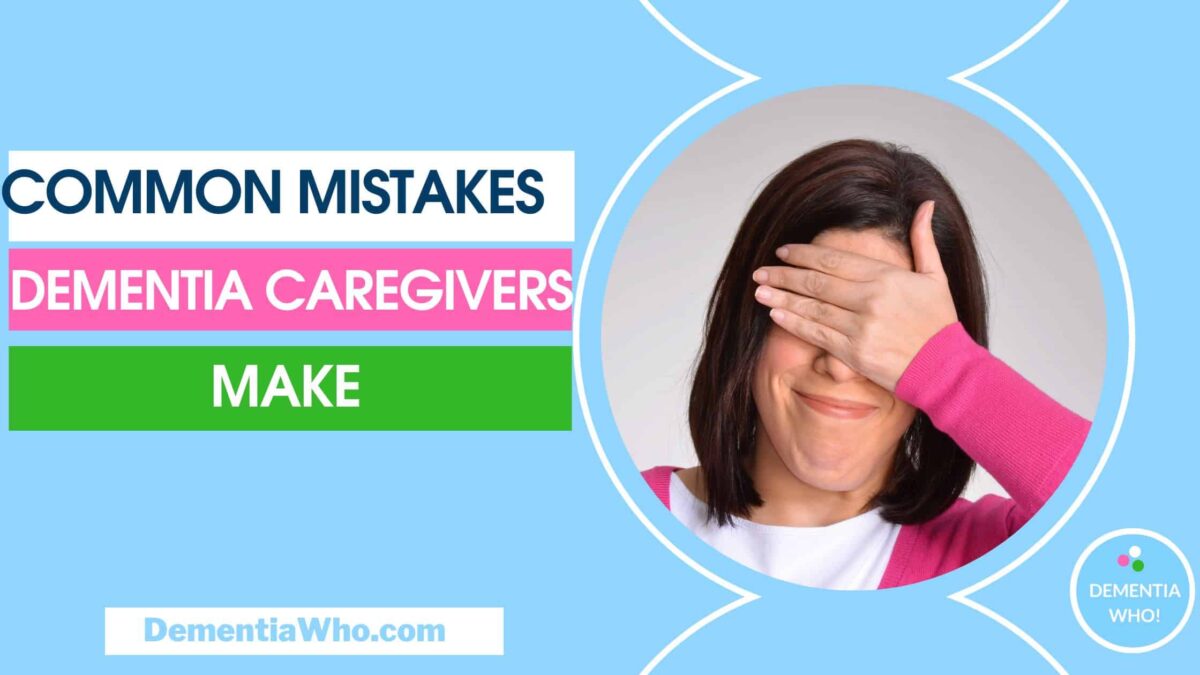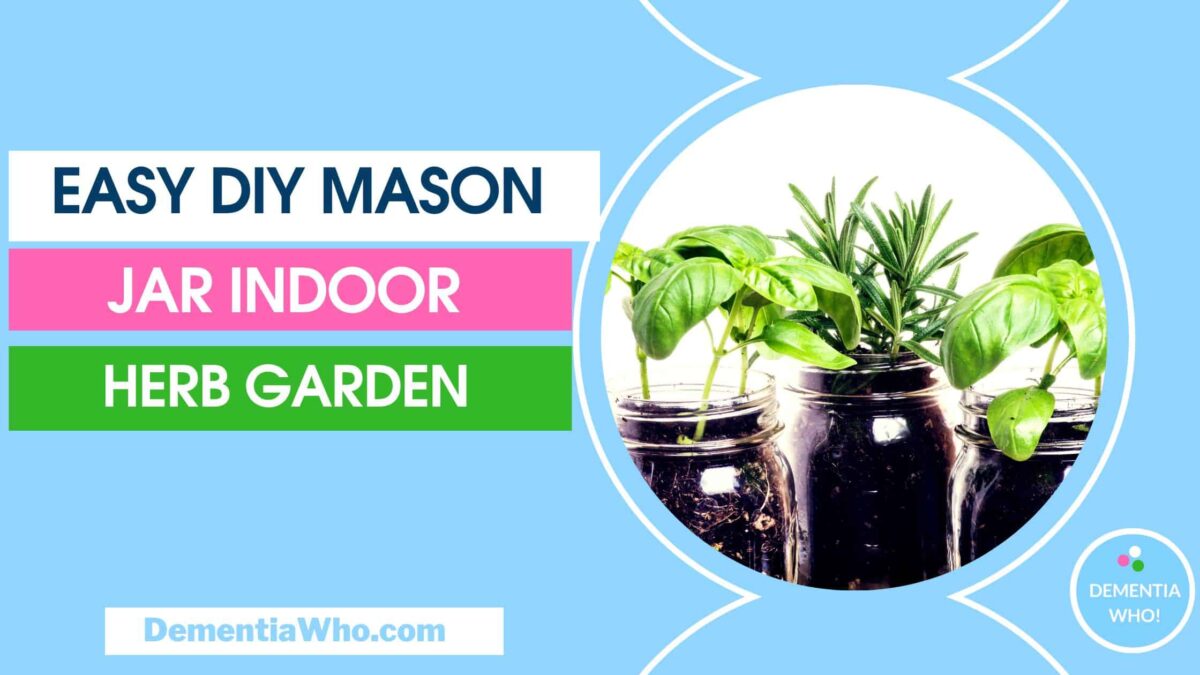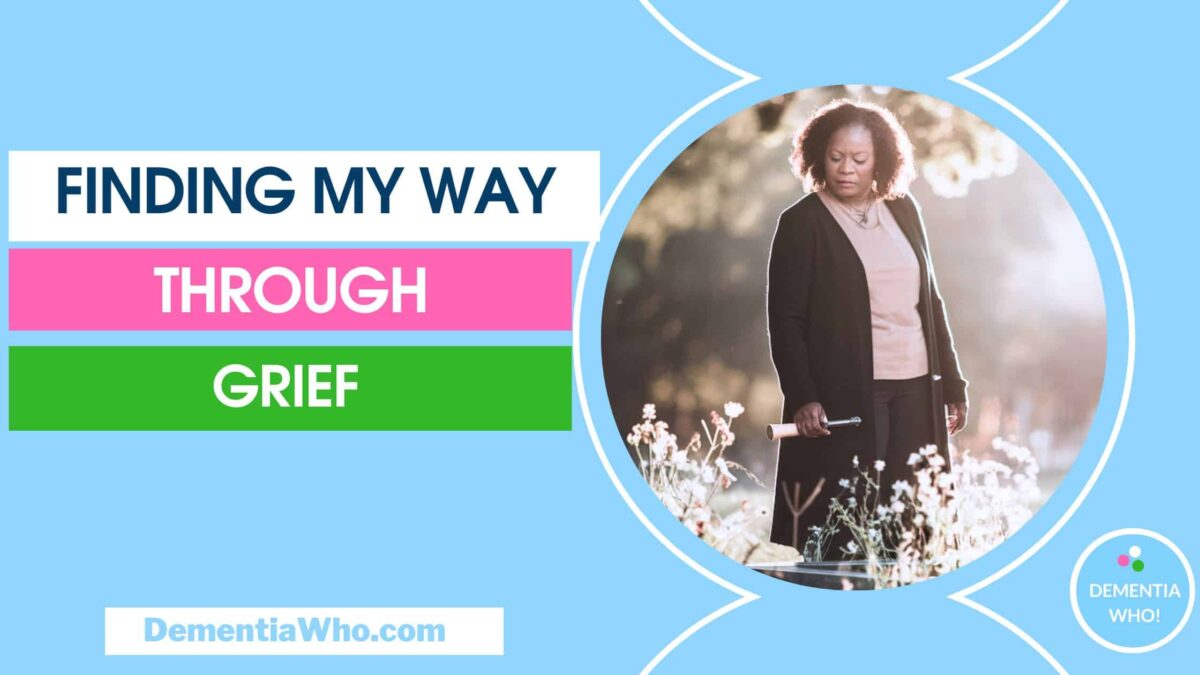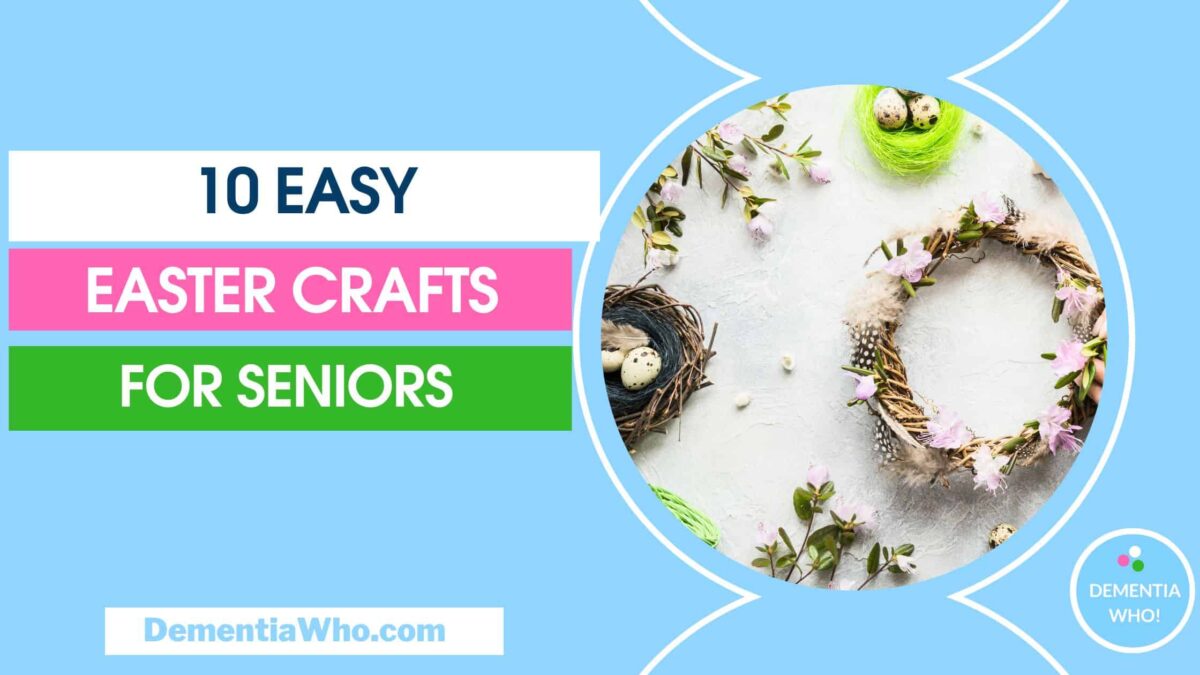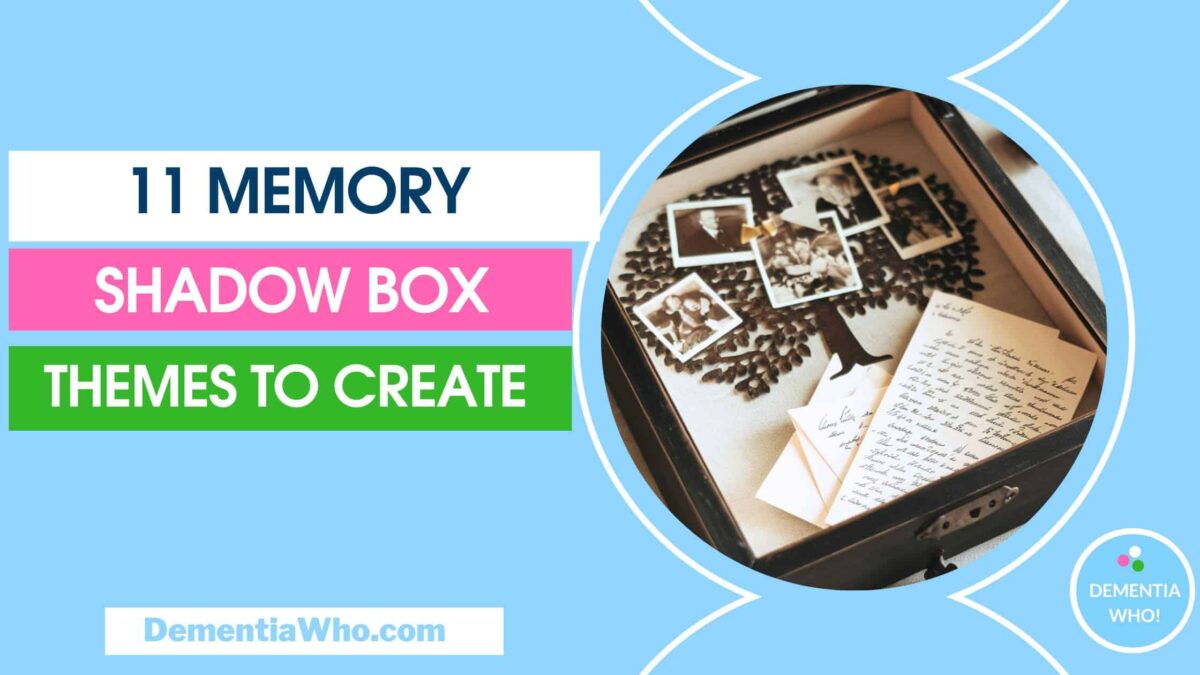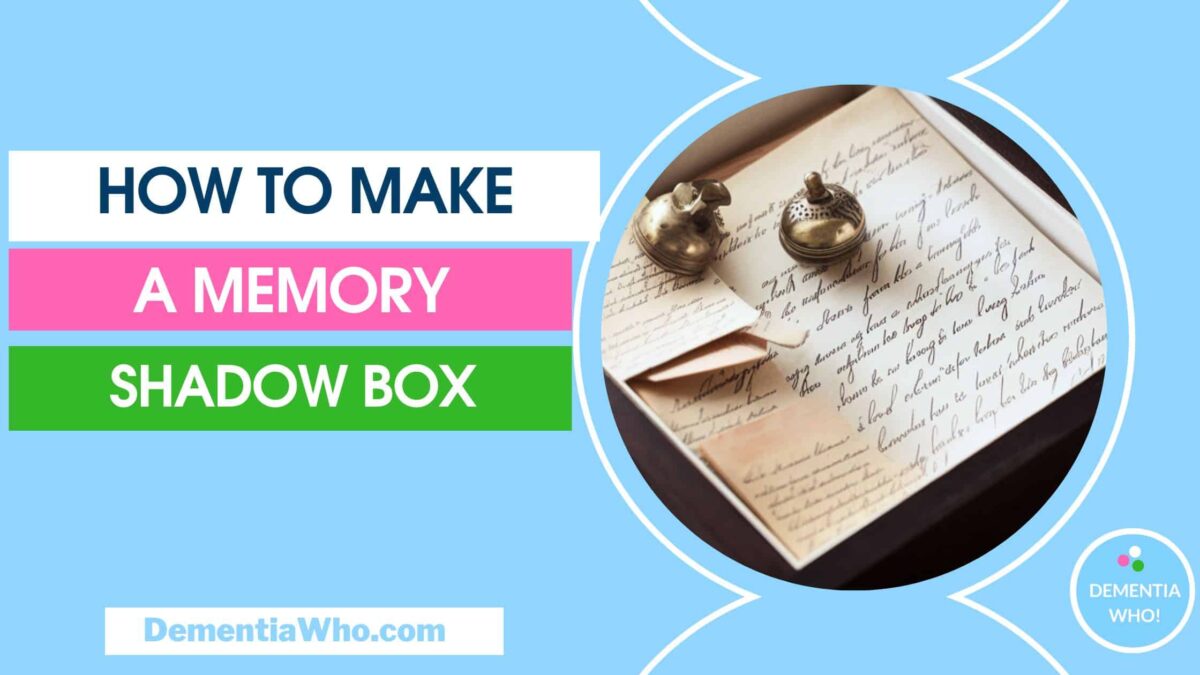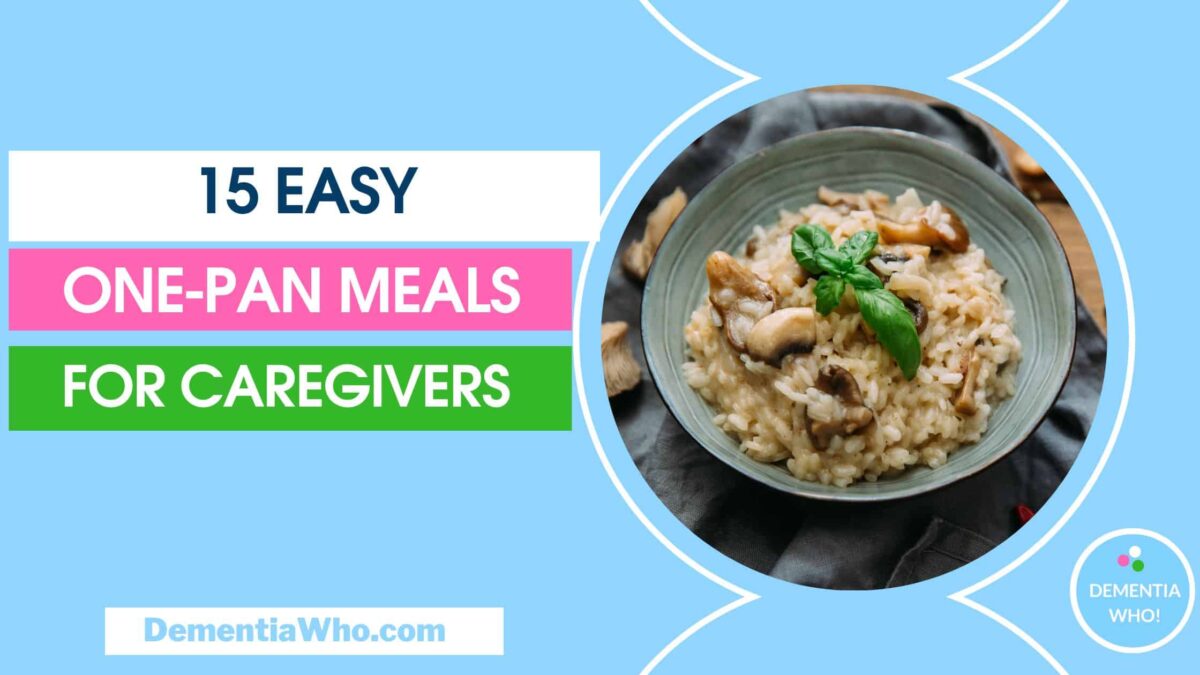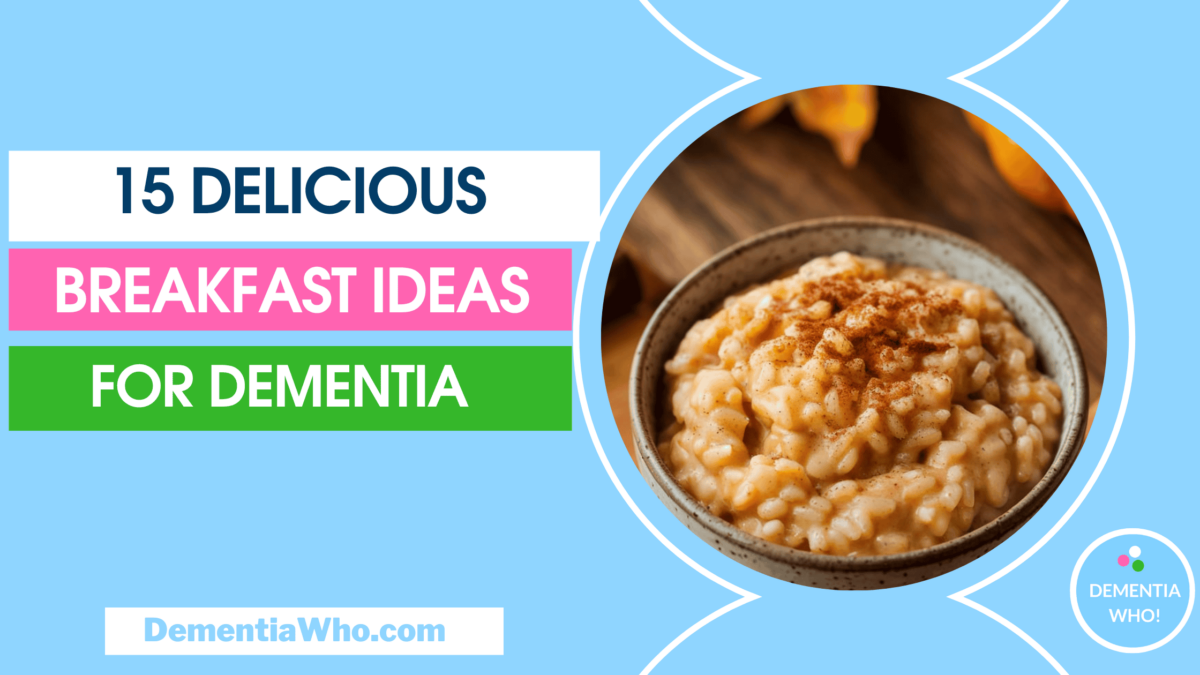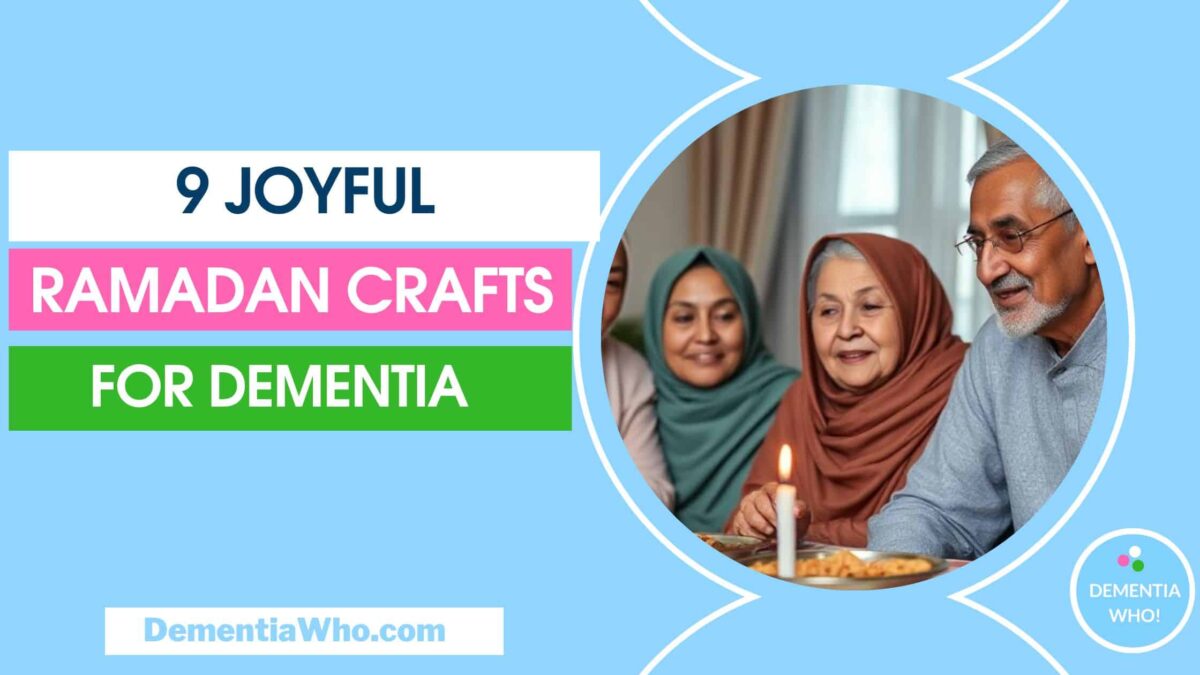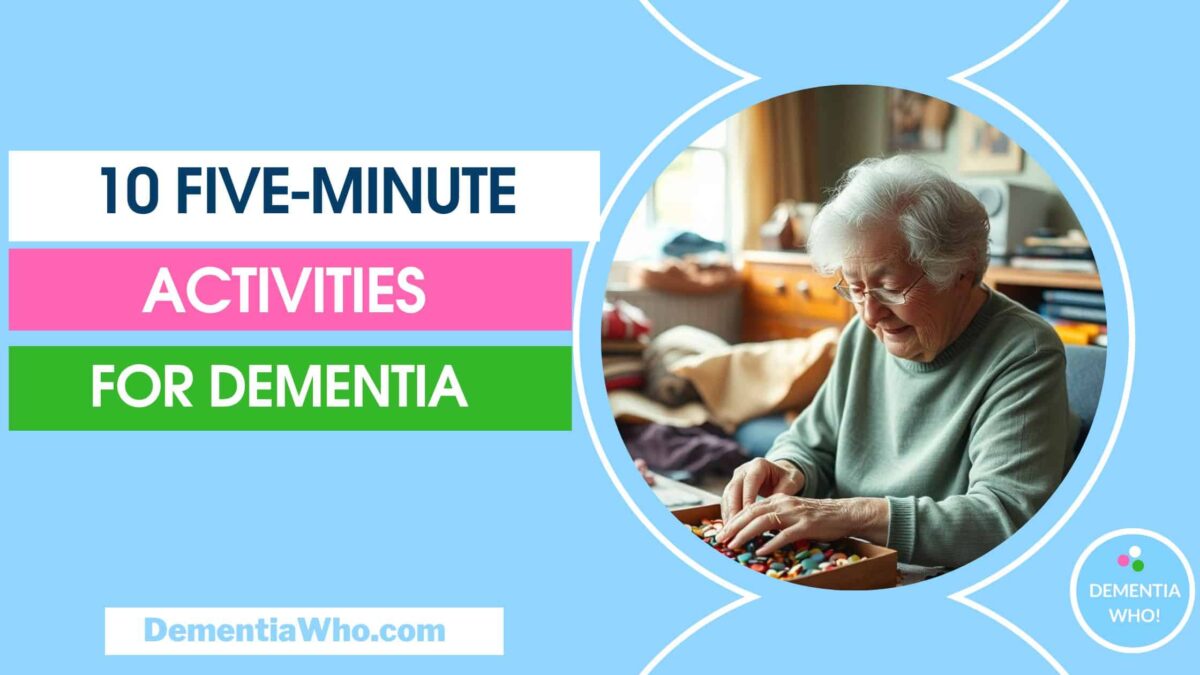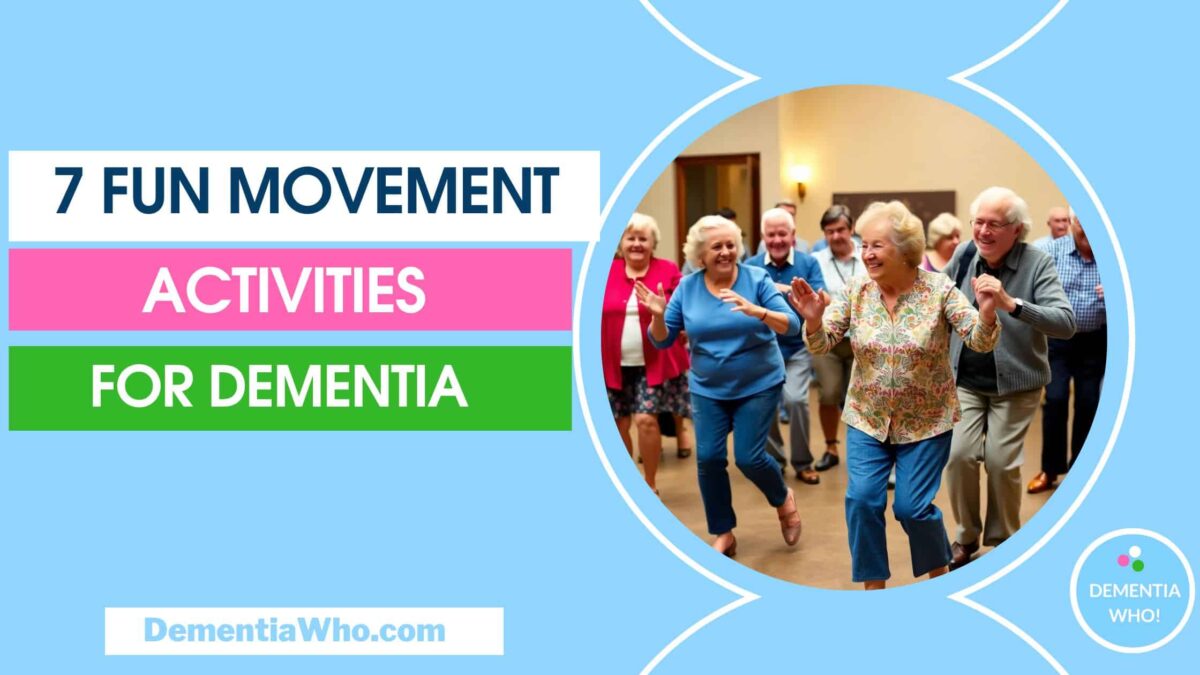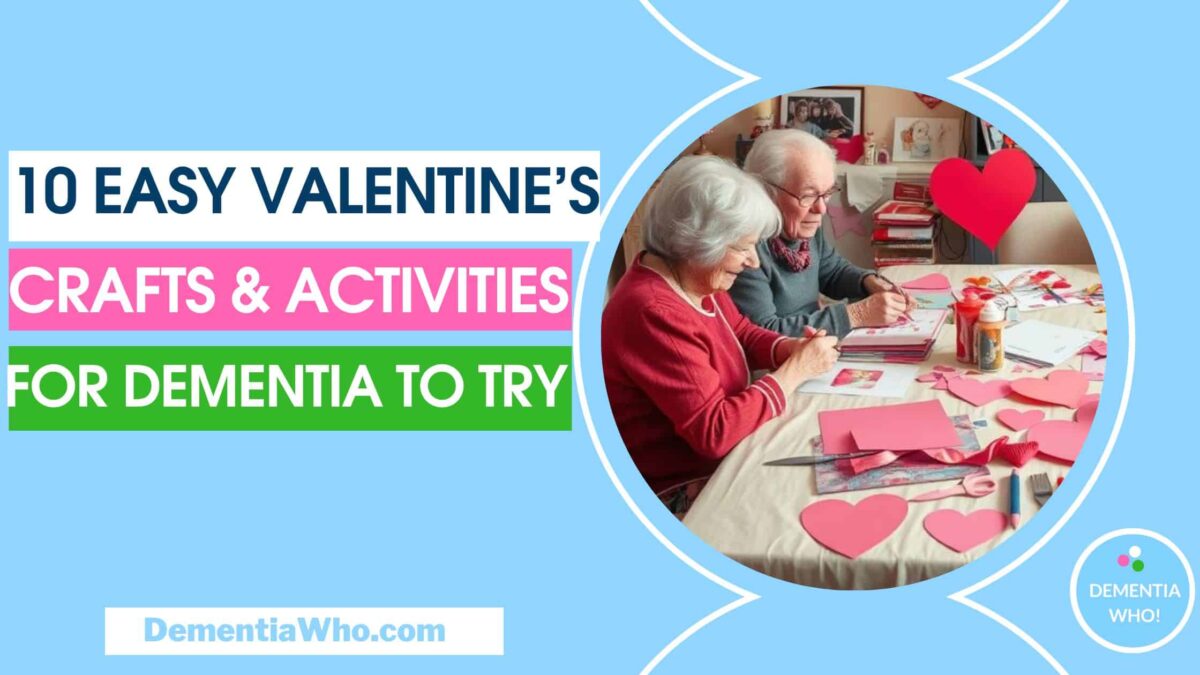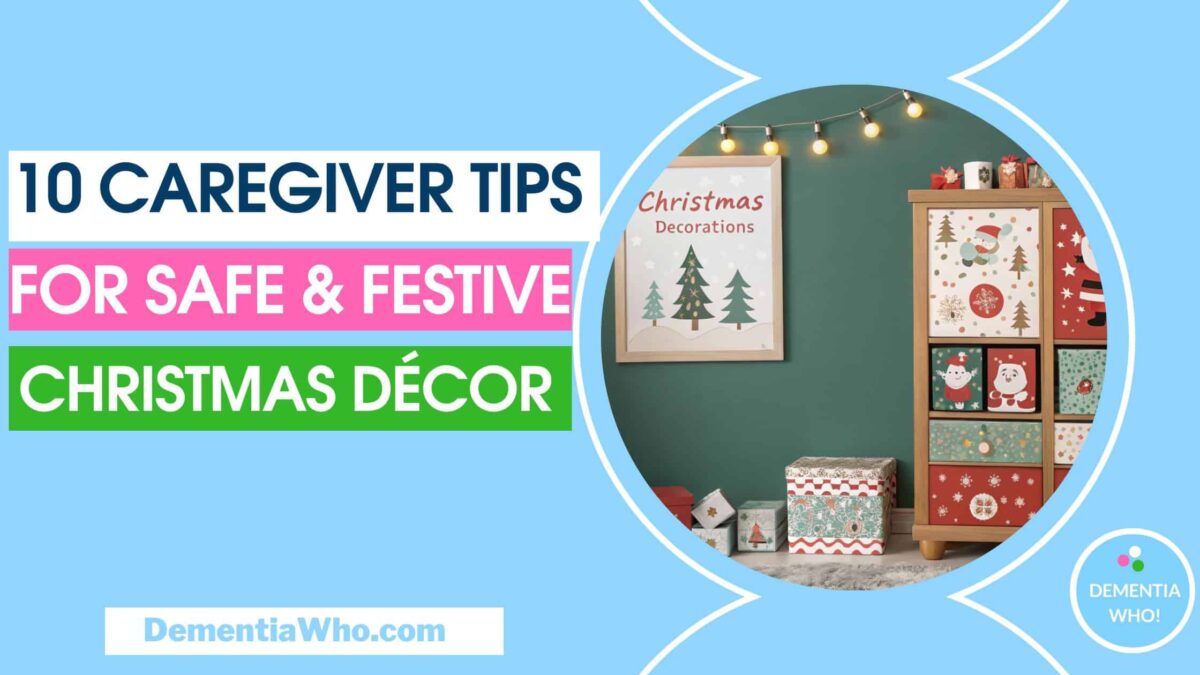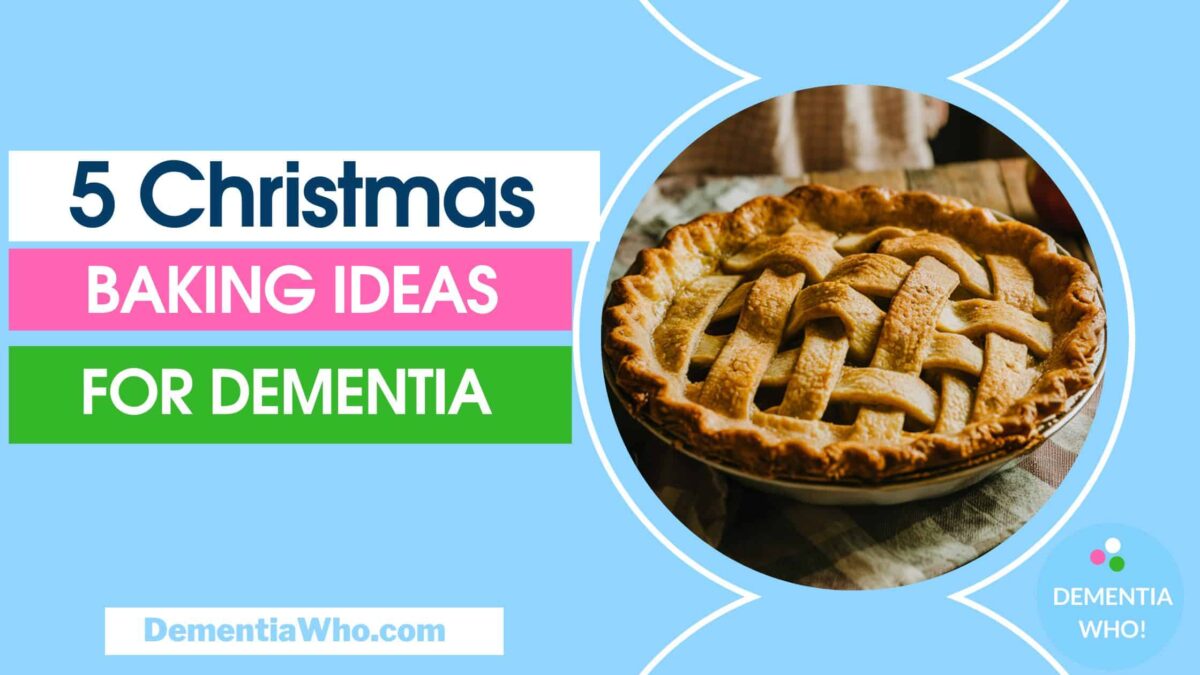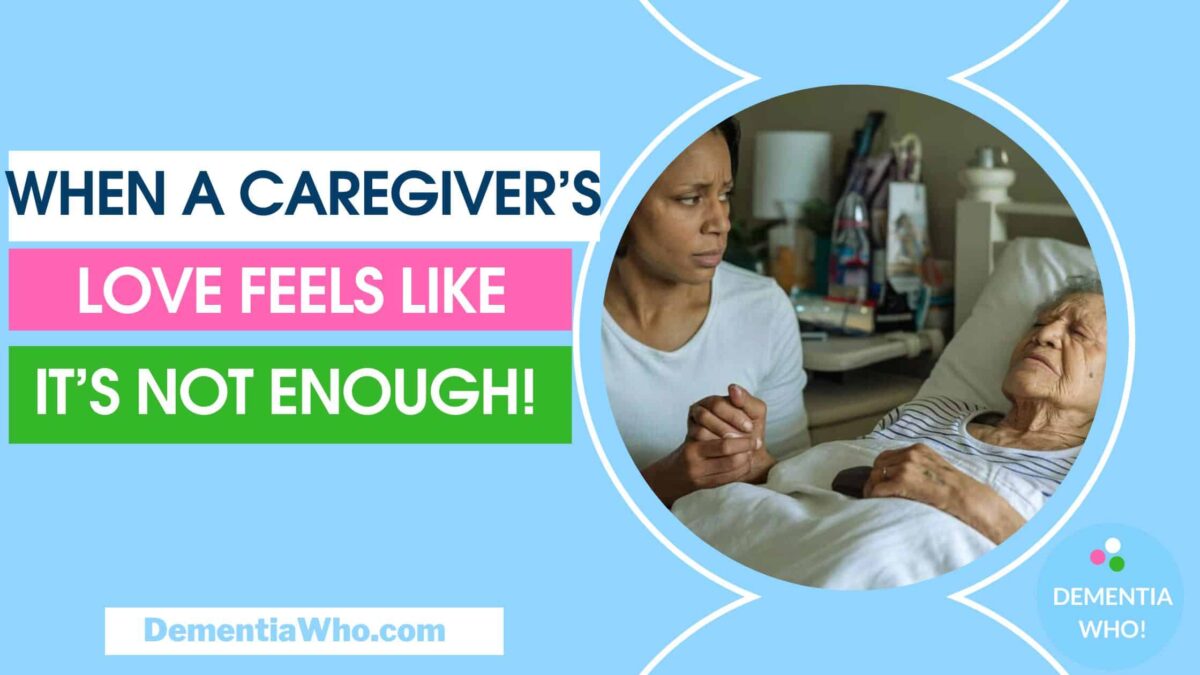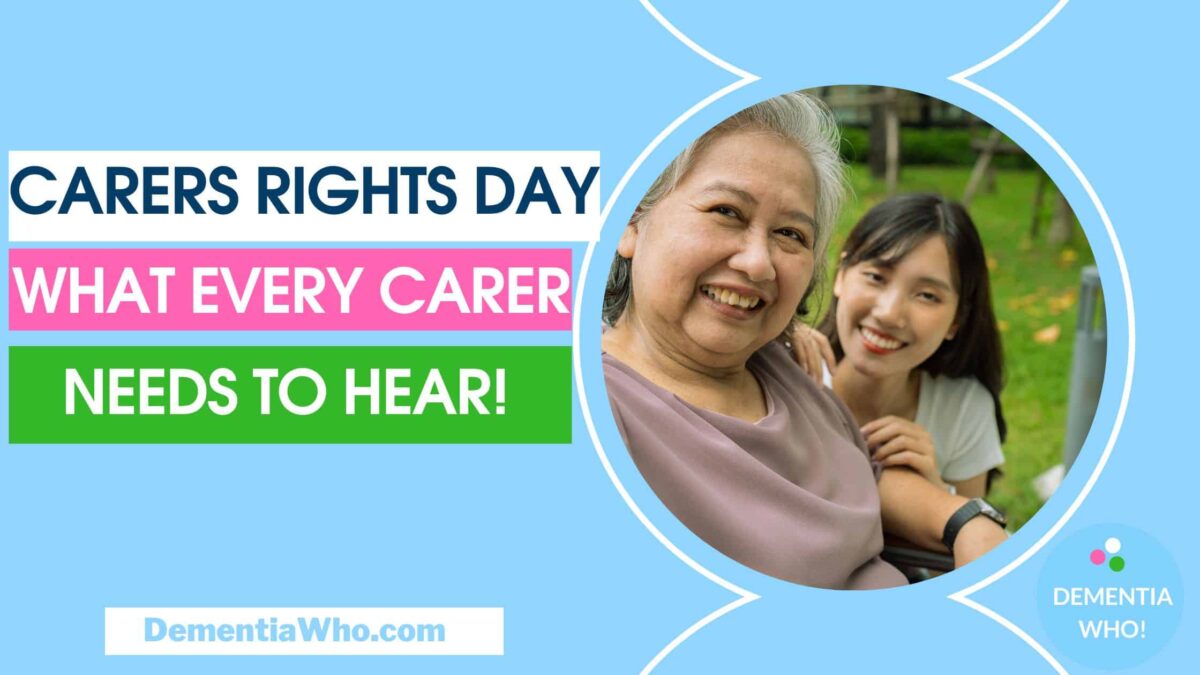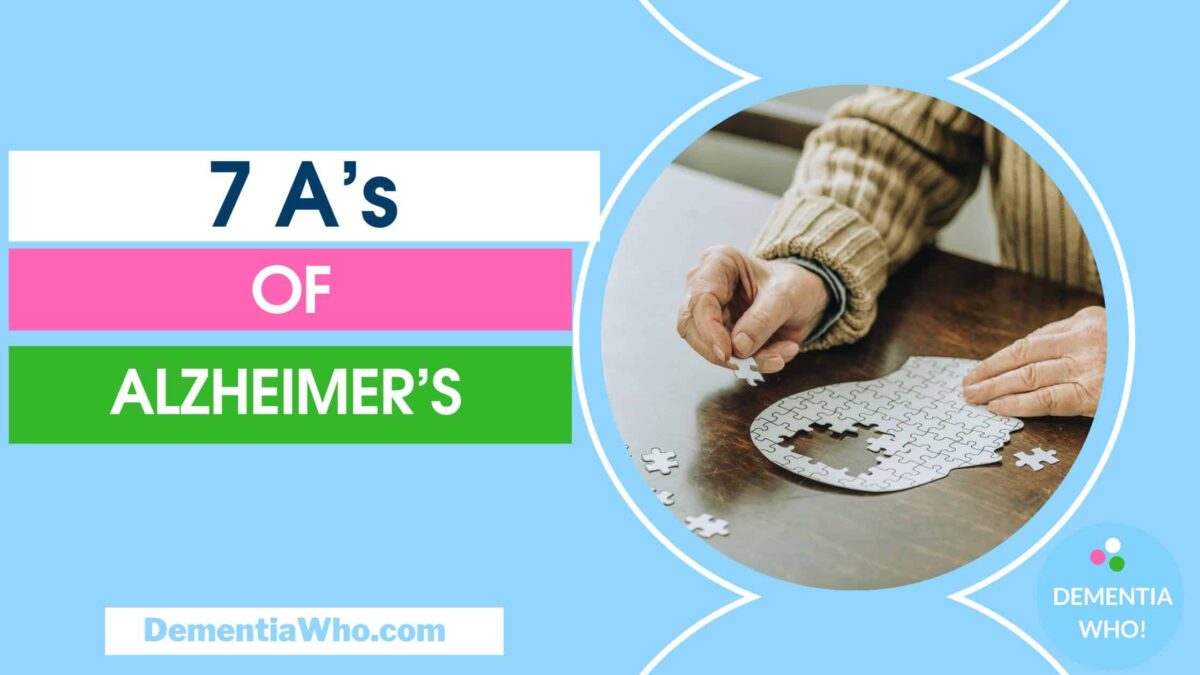There are so many things that I wish people knew about dementia caregivers, and the different aspects of our character.
I put together my thoughts on things people need to know about dementia caregivers. I’m sure there are many more that can be added to this list! Have a read and let me know your thoughts!
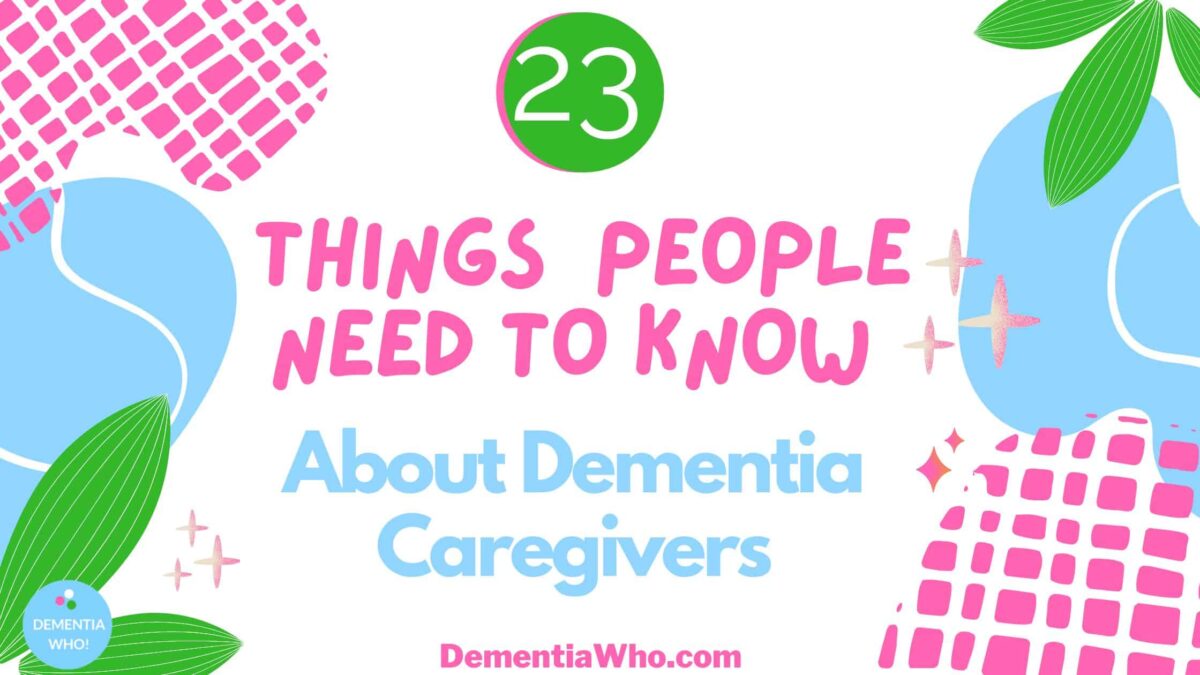
#1 – Dementia Caregivers Don’t Just Support Those With Memory Loss
Dementia Caregivers don’t just support people with memory loss from dementia. There are at least 100 different types of dementia, and they present with various symptoms.
Memory loss is the most familiar symptom most people know about, but there are so many symptoms that you and the person with dementia have to learn to deal with.
These can include vision loss, spatial awareness, coordination, mobility issues, loss of taste, increased sensitivity to touch, depression, anger or sorrow, and personality changes. For a caregiver (as well as your loved one), it can be a rollercoaster of emotions and issues to deal with. You’re not just dealing with just a memory issue.
If you like this blog, sign up to get the latest post!
#2 – We Want You To Talk To The Person With Dementia!
If there is one bugbear of mine is having medical professionals, social services, dentists, and physios anyone who is there to talk about dementia or issues your loved one has and they don’t talk to them directly. They direct all the questions to you, the caregiver!
Even when the person you love is in the late stages of dementia, and they still need to be part of the conversation!
Show interest and recognise that they may have dementia but they can still hear, feel, and understand. Directing all your questions to the caregiver can make them feel small, or ignored or increase anxiety, so don’t forget to talk to them directly. By all means, have a caregiver clarify if needed but don’t start with us, introduce yourself and start talking to the person living with dementia!
#3 – We Feel Many Emotions: Love, Joy, & Frustration etc
Caregiving can bring a different level of closeness that maybe you didn’t have before. You get to be right there in the details of your loved ones’ life, experiencing their enjoyment, their accomplishments, and their love 24/7. You learn from each other. You realise what’s important in life and put aside relationship difficulties you had in the past.
But, it’s not all sunshine and roses, the flip side to that is when it all becomes too much, you look at your life and may see that it revolves around their care and there isn’t time for you.
Sometimes those frustrations can lead to a raised voice, angry thoughts or depression. It can be tough to maintain or create a life for yourself, or other family members, especially if you have multiple caring roles.
#4 – We Find It Hard To Forgive Ourselves!
It’s hard to learn to forgive yourself after you’ve got angry, frustrated, lost your cool at a loved one or even wanted to walk out when it all gets too much.
We are our own worst enemy, berating ourselves for perceived failures. But caregiving is a learning experience. We’re going to make mistakes BECAUSE there isn’t a perfect way to provide care!
But we can learn from our mistakes and hopefully get better at it! And we need to get better at learning to forgive ourselves for having those feelings and thoughts. Things can get too much, that’s why having a support system in place where you can get help is so important.
We’re not superhumans, despite how much we try to be!
#5 – We Need A Good Support System
If I go down, I need to know that someone can care for my loved one. If I need help, who can I turn to – that’s why we also need a support system.
People only see us as the support system for our loved ones with dementia. But we also need our OWN support system to prop us up and be that shoulder to cry on, someone we turn to in moments of crisis, to help us through even if that’s just a listening ear. We also need you to look out for us and know when we need you to reach out!
#6 – We Find It Difficult To Ask For Help!
We can be afraid to ask for help because it may look like we can’t cope. Or believe we’ll be judged for not being able to soldier on and that we’ve failed.
If you’re struggling, ask for help from family, a social worker, your doctor and your friends. People will be there for you, and isn’t it better to ask for help now rather than wait until you experience caregiver burnout and can’t function at all? You won’t be judged, and most people are eager to help but maybe don’t quite know how to offer it.
If you offer help, make it concrete rather than just a statement. E.g. I’ll come around on Wednesday so you can have some time for yourself, rather than let me know if I can help!
It’s critical to have some support system in place, whether with family, friends or colleagues etc.
#7- We Can Feel Guilty!
We feel guilty a lot – guilt at not being good enough, the guilt of losing our temper when frustrations boil over, guilt if they get injured, guilt if they’re having a bad day and you can’t help.
It gnaws away at you, makes you feel crap and yet you still have to get up, brush yourself down and get on with it.
You even feel guilty over the time you spent feeling guilty in the first place! It’s irrational but a real feeling that many caregivers may experience.
#8 – We’re tired!
We can be tired, not just from the strain of day-to-day caregiving, or lack of respite but because sleep may become elusive when you’re a caregiver.
You’re always worried about something, which carries over into some form of anxiety and stress that disrupts sleep. Or it could be your loved one is having a bad time and unable to sleep, so you stay awake and watch over them.
We try to catch a nap when we can but lack of sleep can drain you and makes it harder for you to function at 100%.
#9 – We May Get Little Or No Respite
We may get a few hours of respite from family and friends, or from council-funded services if we’re lucky. More often than not respite can fall through or is cancelled at short notice either due to them or something with your own health or the health of your loved one.
BUT we need respite, to steal moments away, to go for that walk, to sit and read a book, or have time for reflection. Everybody needs that time to recharge, but it’s becoming more difficult to get that respite, because of costs, time issues from family and lack of council or carer organisation funding to provide respite care.
#10 – We Can Let Things Go!
If you come over expecting a tidy house, I’m sorry to disappoint you today is not that day. If you’re a caregiver, you’re going to try to make everything perfect.
You want to be perfectly dressed, and groomed, have a clean house, entertain and be energetic. But the reality is we have to prioritise caring over cleaning some days. We have to prioritise making sure our loved one is washed, dressed, engaged, and not wandering or lacking purpose.
We pick our battles because our loved one comes first, so we won’t get everything done.
#11 – We Can Be Isolated
It can be a lonely existence being a caregiver, friends, and family drop away when your life is consumed caring for someone with dementia. They find it difficult or feel awkward around your loved one or don’t know what to say, so they don’t come around or think to phone as they used to/. (not all friends; you have some who get it)
It’s very lonely, and sometimes people don’t understand how that affects you and your mental health.
#12 – We’re resilient!
Dementia Caregivers are resilient. You have to be. You do things that you never thought you were capable of. You get knocked down but get back up. You build this inner strength and learn to fight & advocate for your loved one despite the obstacles put in your way.
You learn to deal with the daily challenges of caregiving for someone with dementia, building new skills whilst living with someone you know but also different from the person you knew in certain ways.
One of the hardest parts is dealing with role reversal, especially when taking care of a parent. You become the parent protecting, loving, and caring for them.
#13 – We’re organised & adaptive
We have to be well organised we are to help our loved ones manage their lives, dealing with all the forms that come with it, all the applications for equipment, tools, and the nightmare world of disability benefits.
We may need to ensure that the medication and food & drink are ordered and consumed. We may be doing that whilst balancing several caring roles, parent and kids.
If we have care workers who come and help with personal care, we need to react and cover cancellations or poor timekeeping. Dementia Caregivers are always on call and need to respond to whatever the day throws at you.
#14 – We’re Constantly Learning
I stupidly thought I’d get all the info about the disease and how to take care of someone with dementia at mum’s diagnosis meeting. The reality is that you leave with many leaflets (some people are luckier).
Even so, there is so much to learn about caregiving for someone with dementia. The more you learn, the better prepared you will be for the changes that are likely to come. We learn from each other in forums, social media and by scouring the internet. We become experts in looking after our loved ones.
The move to online learning has made it easier to access some courses.
#15 – We’re Extremely Patient
One thing that distinguishes dementia caregivers from others is their level of patience.
Dementia caregivers need to ensure that their body language, tone and voice don’t convey anything that can be picked up on and cause anxiety.
You need to be patient and give your loved ones time to digest information when talking and not rush them. You need to be patient enough to answer the same question with the same energy you answered it the first time.
Being kind, respectful and patient with a loved one with dementia and being treated as you would want to be.
#16 – I’m More Than A Caregiver
As caregivers, we get pigeonholed into this role as “the caregiver”, and if we’re not careful, our whole identity can get consumed by being a caregiver. But we are more than that. We held down jobs (or still are), and have our passions and our dreams, but it’s easy to forget all that whilst caregiving.
As caregivers, we need to make plans for our future. Caregiving will come to an end at some point, and if we haven’t thought about our plans, we may struggle to get past the grief.
A side hustle can give you a sense of purpose to sustain you during caregiving and provide hope and excitement for the future.
#17 – We Always Have To Think Ahead
How many of you have sat down and planned the future of a loved one together to the end?
As a caregiver, I don’t have a choice, it’s something that we may leave a little too late, but we need to get our paperwork in order as soon as possible to make lives easier. This means having that talk about what’s important to them. It’s knowing what you’ll need to advocate or represent them when they’re unable to.
Talk about Wills, Lasting Power of Attorney (LPA) for Health & Finance, and Advanced Directives. You need to have those conversations and get the paperwork done now. Banks won’t allow you access to your loved one’s account to pay bills without LPA. Due to privacy issues, utility companies won’t listen to you as the caregiver!
We need to get everything in place to make sure not only our loved one’s life is easier but our own too! The Future Planning Handbook is a good starting point for someone new to this type of planning. You can work through it together or as a family and store the information digitally which can make it easily accessible to you and if shared with health care professionals.
#18 – We’re Not Saints!
No one expects to be a caregiver for a family member, friend or child. It happens because of a need! You take on the role for love, or you volunteer or have it thrust on you due to circumstance. Whatever the reason, we’re not saints for doing it, so please stop saying that!
I’d encourage every potential dementia caregiver to have that conversation before taking on the role with your whole family. Then talk to caregiver groups/organisations to understand what the role entails and the impact on you & your family. The best place for your loved one is somewhere they are cared for, stimulated, engaged and comfortable.
#19 – We Can Forget About Self Care!
Self Care is such an important step in caregiving and one we tend to overlook. Self-care is about making sure we’re ok both physically and mentally. We need to carve out time for ourselves, which sometimes feels impossible. But if we don’t eat healthily, get some exercise, talk, and let things out, we’re likely to get ill.
Practising mindfulness, meditation, and speaking to a counsellor can all help with improving your mental health.
Self-care is crucial in caregiving, so help us remember that and try to set goals to achieve it. Instead of looking back after one year like with resolutions, set yourself a quarterly review to check in with yourself.
#20 – We Celebrate The Small Wins!
We all need encouragement, so it’s imperative as caregivers to celebrate small wins. It could be as small as getting properly dressed that day or managing to help your loved one to eat breakfast. Whatever it is, let’s acknowledge it.
Friends & family should really listen to us and comment on those small things. Don’t tell me how hard it must be, tell me about the good things you see that may not mean anything to you, but they mean a lot to me.
#21 – We Have Carers’ Rights!
Did you know as a caregiver, I have rights? I have the right to my own life AND to get the support that I need to help my loved one with dementia.
Our loved ones should be assessed and have a care assessment to identify their needs through Social Services. We should also get a Carers Assessment looking at how we live, ensure safe practices and what can be done to improve our situation.
If you’re lucky and your council isn’t cash-strapped, you may be able to get professional carers in to help with personal care, medications etc. or even some respite time for yourself.
But the reality is that it’s hard to get that help, hard even to get an assessment, and in some cases, caregivers may not even know about these rights. For more info, check out my post, Carers Rights for Unpaid Carers!
#22 – Care Costs Can Be Crippling!
Caring for a loved one can be hideously expensive. The extra costs of meeting their physical & emotional needs can be astronomical. Today, for example, we have issues trying to keep our loved ones warm with increasing energy costs, equipment costs, extra costs in getting shopping during the pandemic, incontinence costs and much more.
To take care of our loved ones full-time, we can get Carers Allowance. But even that’s conditional on if you care for someone at least 35 hours a week, they get certain benefits, and you don’t try to educate yourself for more than 21 hrs a week or get any other benefits that overlap.
It’s a pitiful amount that can be wiped out with just one dentist visit, and it doesn’t allow you to save or have any luxuries. It’s much less than we deserve saving this government billions in extra care costs!
#23 – Never Enough Time In The Day
Time – where does it all go? I start my day around 6.30 am and don’t finish until 10 pm on a good night but sometimes later, if, like me, your loved one is having a bad night and not sleeping. You’d think with all that time you get loads done! Nope, somehow your day is consumed with reacting or preparing for the next situation.
If you’re caring for someone with mid to late-stage dementia, you may not be able to leave them alone for long due to safety reasons, e.g. wandering, falls or not seeing the risks in their actions.
Or you may have someone who has attachment issues, so you can’t be out of sight from your loved one without them fretting or worrying about where you are.
That’s it, those are my thoughts on what people need to know about dementia caregivers. Do you have anything to add? Let me know!

